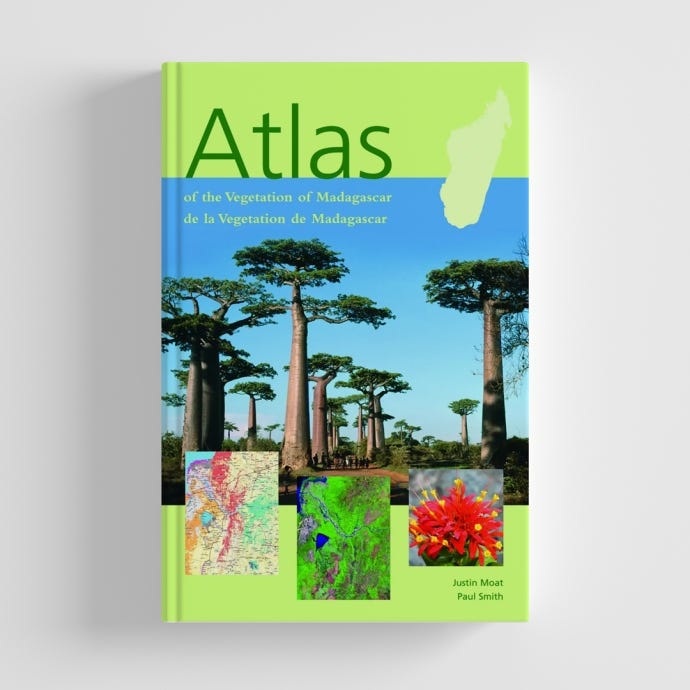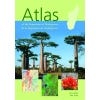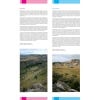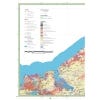Atlas of the Vegetation of Madagascar
Product Description
About the Book:
Madagascar is the world's fourth largest island, and is recognized as one of the world's top ten hotspots for biodiversity. It is estimated that there are about 10,000 plant species on the island. Of these, 80 % or more occur nowhere else. Man arrived in Madagascar just 2,000 years ago and since has cleared much of the island's forest. This impact and the uniqueness of its plants have made Madagascar of paramount importance to international conservation efforts.
This first vegetation atlas for Madagascar, supported by the Critical Ecosystem Partnership Fund, has combined vegetation data from fieldwork and satellite images into a map-based information system. The result is a conservation tool which will help Madagascar's government and people to plan a more sustainable future. This atlas is also of great use to anyone studying or visiting the island.
Presented in both French and English, the atlas gives a brief history of vegetation mapping in Madagascar; the methodology used in compiling these new maps; and detailed descriptions of each vegetation type, illustrated with photographs and diagrams. Trends in deforestation, extent of occurrence and levels of protection are assessed for each vegetation type. Additional information includes roads, trails, rivers, airports, reserves and a full place name index.
Media reviews:
Atlas of the Vegetation of Madagascar is an outstanding achievement, both from a scientifi c and practical viewpoint, and all those involved with its successful completion are to be heartily congratulated. Graham Duncan
About the Authors:
For 15 years Justin Moat has been employed at The Royal Botanic Gardens, Kew with the initial remit of setting up a GIS unit, which he currently heads. After completing his masters on mapping Madagascar's vegetation, he continues to take every opportunity to work on this unique island.
Paul Smith is an ecologist with practical experience in vegetation mapping, botanical inventory and survey, impact assessment, park management systems and ecotourism. He has a wide and detailed knowledge of the plants of southern, central and east Africa, and has twenty years experience working in Africa and Madagascar. Paul was Head of the Seed Conservation Department at Kew and leader of the Millennium Seed Bank Project.
Category:
Reviews
Delivery Information
United Kingdom
We offer FREE delivery on UK-only orders over £50 (Tracked Standard delivery service). (This does not apply to our print-on-demand service)
Our other delivery costs are as follows:
- UK Tracked Standard - £5 (delivery 3-6 working days from date of order)
- UK Tracked Express - £8.95 (delivery 1-3 working days from date of order)
Note: Mat Collishaw framed prints can take up to 2 weeks for delivery and are excluded from promotional discounts.
Age restricted products
If your basket contains age restricted products, our courier will request passport or driving license ID if the recipient looks under 25.
Gift membership products
Gift Membership packs are sent using a tracked and signed for service. Unfortunately, we are unable to replace gift memberships that are lost or misplaced once received by the recipient.
International and EU
International and EU orders are subject to variable postage costs calculated at checkout; these are dependent on the size and value of your order.
Orders to EU and International addresses may be subject to local customs duty or taxes. You will need to pay any additional charges for customs clearance, charges include local VAT and duty based on the value and origin of the product upon receipt of your order.
Weight restrictions: We are unable to ship orders where the total weight is over 2kg outside of the United Kingdom.
Product restrictions: We are unable to ship seeds, plants, bulbs, inflammable products, sharp and/or bladed items, food and beverages outside of the United Kingdom.






